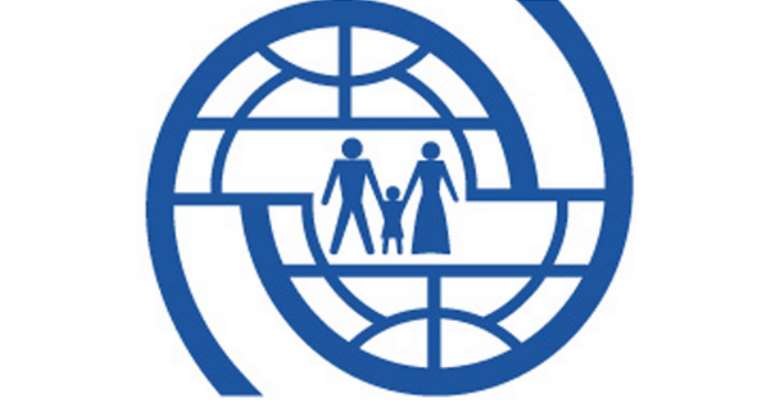Refugees in South Sudan's Upper Nile State relocated

GENEVA, Switzerland, May 10, 2013/African Press Organization (APO)/ -- IOM is helping to relocate refugees from Jamam camp in South Sudan's Upper Nile State to a new site that will offer better access to basic services and flood protection.
Relocation operations began on 6 May and are expected to continue for the next seven to eight weeks. A total of 1,210 individuals and their luggage had been moved as of 8th May. It is expected that an average of 600 persons will be transported per day.
IOM is providing nine trucks to assist with the relocation of the estimated 17,000 residents of Jamam camp. IOM staff have also been deployed to coordinate the truck fleet and liaise with humanitarian partners.
South Sudan's rainy season brings widespread flooding, cutting off road and sometimes air access throughout the country. With the rainy season now beginning, there is an urgent need to move refugees out of camps like Jamam that are prone to flooding.
In 2012, heavy rains severely affected refugees living in Upper Nile State. Latrines overflowed, contaminating water sources and creating hazardous sanitary conditions, and entire sections of road were washed away, leaving humanitarian agencies unable to deliver aid.
The poor hygiene and sanitation conditions created by flooding are of particular concern, as camps in Upper Nile State are already vulnerable due to water-borne hepatitis E. An outbreak which began in September 2012 has since resulted in 175 deaths.
The Jamam camp residents are being transported to a new site called Kaya, which has the potential to host up to 35,000 people. Kaya is roughly 35km from Jamam and is situated in an area that is less prone to flooding.
IOM has been assisting refugees in Upper Nile State since December 2011, providing safe access to clean water and sanitation to the 45,000 refugees located in the neighboring camps of Doro.
IOM is seeking funding support through the Consolidated Appeal Process (CAP) in order to maintain its response at current levels. It has appealed for USD 13.9 million in 2013 to maintain its provision of transport and water, sanitation and hygiene (WASH) service to refugees in South Sudan.
